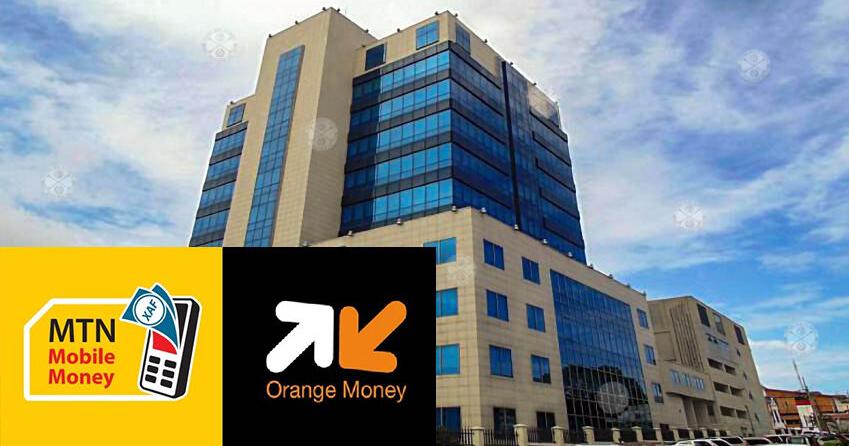Mobile money users in Liberia will pay a standardized 2% cash-out fee for withdrawals, following a new directive issued by the Central Bank of Liberia (CBL).
The landmark policy, which applies to all Mobile Money Operators (MMOs) in the country, is aimed at streamlining pricing, promoting digital transactions, and reducing Liberia’s heavy reliance on physical cash.
Under the new regulation, whether users are withdrawing funds via mobile wallets or through agent locations, a 2% cash-out fee will be uniformly applied. The move marks a significant step in standardizing mobile money fees and addressing disparities in withdrawal costs across platforms.
According to the CBL, the directive is part of Liberia’s broader financial reform agenda that seeks to modernize the way money moves in the economy. It also forms part of efforts to deepen financial inclusion, particularly in rural and underserved communities.
The new policy will standardize pricing across all mobile money providers for transparency and fairness. It will enhance consumer and agent protection by ensuring regulated fee structures are applied consistently. It will help reduce dependency on cash, thereby lowering the cost and frequency of printing new banknotes.
The CBL also believes it will improve accessibility to financial services for the unbanked population. It will encourage greater adoption of electronic payments by businesses and consumers alike. Additionally, it will support more efficient public sector payments, including salaries and pensions, which will now be made directly into mobile wallets.
The announcement comes amid the ongoing implementation of the National Electronic Payment Switch (NEPS), which is expected to revolutionize the mobile money landscape. Once fully operational, NEPS will allow real-time transactions between Liberia’s two major mobile money networks. This will enable users to send and receive funds across providers, regardless of which mobile service they use.
The initiative is also expected to enable the Government of Liberia to make instant digital payments to employees, vendors, and pensioners—ensuring greater transparency, efficiency, and accountability in public finance management.
In a statement, CBL Executive Governor Henry F. Saamoi emphasized that the decision aligns with the Bank’s digital finance strategy:
“The transition to a digital-first financial system is central to fostering innovation, resilience, and inclusiveness in Liberia’s payment landscape,” Governor Saamoi said. “This directive reflects our commitment to modernizing financial services and unlocking the full potential of mobile and electronic platforms.”
The CBL further encouraged the public to embrace digital transactions for daily financial activities such as bill payments, buying goods, and peer-to-peer transfers, which remain a low-cost and convenient alternative to cash.
As the mobile money ecosystem continues to evolve, the Central Bank reaffirmed its role in creating a secure, transparent, and inclusive financial environment for all Liberians.

